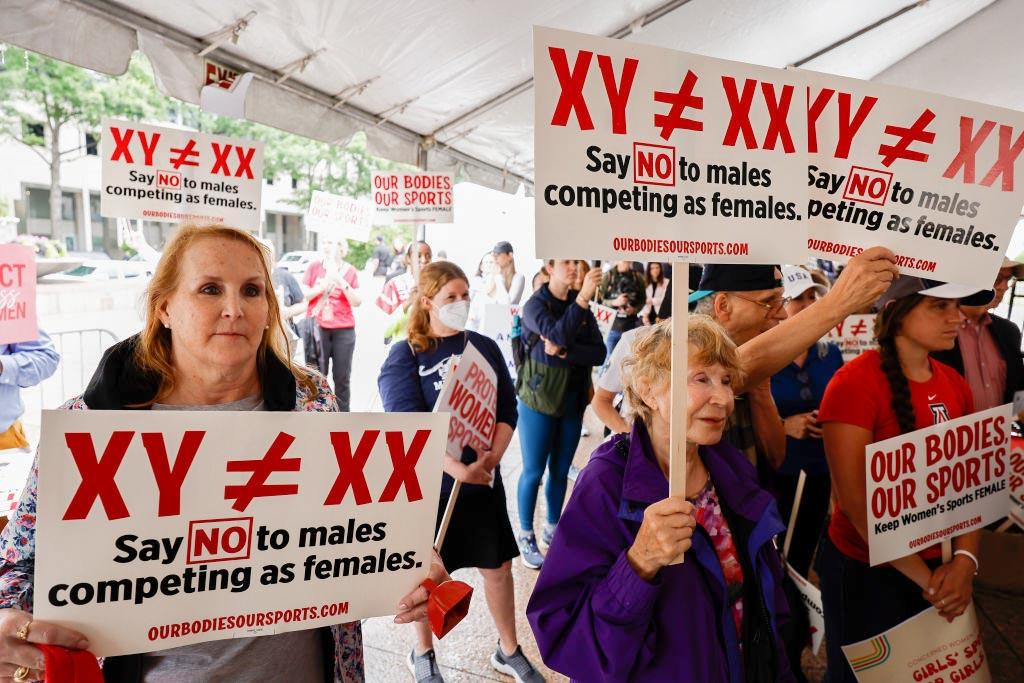Officials from the Confederated Tribes of Coos, Lower Umpqua, and Siuslaw Indians have filed a lawsuit to delay the U.S. government’s first-ever wind energy auction for the Oregon coast, currently scheduled for Oct. 15.
Filed on Sept. 13, the lawsuit challenges the Bureau of Ocean Energy Management’s (BOEM) environmental assessment and decision to proceed with the development of two offshore wind energy areas (WEAs). The WEAs would encompass approximately 195,000 acres between 18 and 32 miles offshore from the coastal communities of Coos Bay and Brookings.





